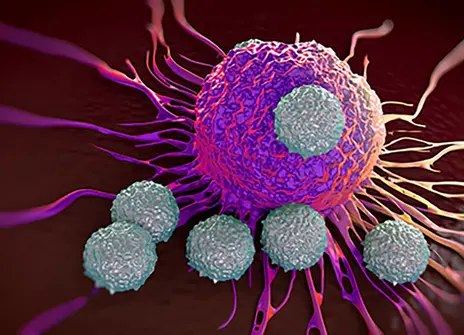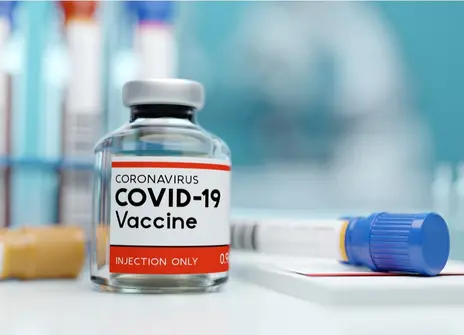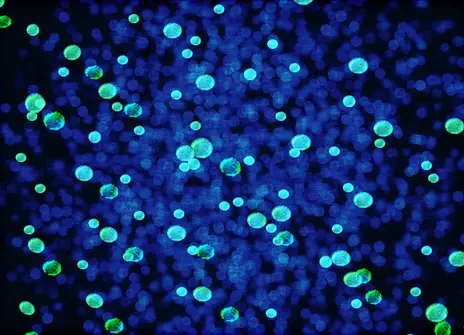Join us in our celebration by making your very own time capsule!
What you need:
▪ a waterproof container (if you’re burying your box)
▪ contents for your time capsule
▪ a print out of your time capsule label (you should probably seal this in something waterproof too!)
Ideas for contents:
▪ write a letter to your future self, what would you like to tell them about? What are your current hopes and dreams? What do you think your future self might be doing?
▪ choose a couple of small objects to put inside, a train ticket, a receipt, a magazine or newspaper article
▪ you could put a photograph in, of you, your family, or your favourite place
▪ you can also use our activity sheets to add some of your predictions for the scientific future. We’ve included some in our time capsule too!
▪ we’re opening our time capsule on our 250th birthday in 2049. You can choose to open yours then too to celebrate with us, or maybe you’d like to open it on another date in the future that’s special to you! The important thing is to be patient enough that the date is quite far into the future. And don’t forget to record where you bury it!
So download our time capsule instructions and label today, and start making history!
We’d love you to share your time capsule with us! Take photos and email them to: membership@ri.ac.uk or share them with us on social media and tag us.
Statements on diversity
Religious representation
Why religious representation matters
Ri Director Katherine Mathieson gave a statement on the importance of lifting up those from under-represented communities.
Pride
Following on from our recent Big Rainbow Science Quiz hosted by Pride in STEM chair Alfredo Carpineti, we are looking forward to celebrating Pride at the Ri this summer. Read more about Pride last year in our statement.
Women in STEM
We recently shared a blog to celebrate International Women's Day, which you can read here. Ri Director Katherine Mathieson has also previously shared a statement on the importance of encouraging young women in STEM.
Gender
Read our statement on Gender and Identity.
Explore more content on our digital channels addressing the importance of diversity in science.



